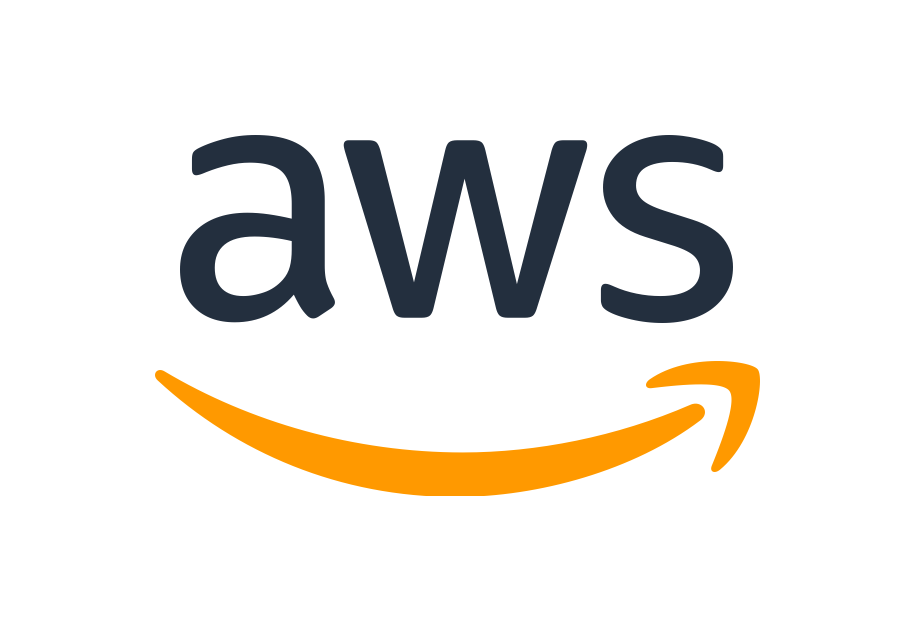
Overview
A common use case for cloud adoption is infrastructure modernization, for example, when your on-premises hardware is reaching a refresh cycle or becomes end of life. In such times migrating to Cloud removes the need for capital expenditure and allows the immediate alignment of IT consumption to business demand.
The migration results in improvements to reliability and scalability which are fundamental benefits of cloud adoption. Often, the migration allows for resources to be right sized for the actual demand as opposed to building in complex overheads for future capacity which may never be needed. Instead, workloads on Cloud can be scaled (up/down) when the demand requires. This is often a cultural change which is not possible on-premises when hardware must be purchased ahead of time to ensure demand can be met.
The engagement is executed using an agile iteration where-by our team will leverage your existing cloud foundations to assist with the planning, design and migration of the required infrastructure then handover to your internal team.
We will provide guidance of the prerequisites for the migration including agreeing maintenance windows, test plans, roll-back procedures, and resource dependencies, all based on our migration blueprints to ensure an efficient collaboration between our teams.
The process will be executed using the following key steps:
- Prerequisites; validate the existing cloud foundations are suitable to support a migration.
- Requirements gathering; review the scope, including number of servers, source and target state configurations.
- Design & planning; define maintenance windows, execution dependencies, test plans, roll-back procedures and execution options.
- Automated execution; migration of the servers using agreed tooling.
- Testing; following the agreed plan and leveraging our standard validation process.
- Handover; of the deployment including code sharing and knowledge transfer.
This is a collaboration with knowledge sharing, documentation, and resources to help your teams get the skills they need for long-term business agility and maturity on Cloud.
Highlights
- Align IT cost to business demand; adopt an operational expenditure commercial model to map IT cost with the business demand for it.
- Reduce cost; right-size infrastructure usage to actual demand while removing wasted projected capacity overheads.
- Improve agility; remove the shackles of traditional hardware and leverage on-demand infrastructure.
Details
Introducing multi-product solutions
You can now purchase comprehensive solutions tailored to use cases and industries.
Pricing
Custom pricing options
How can we make this page better?
Legal
Content disclaimer
Resources
Vendor resources
Support
Vendor support
Please contact NTT Ltd. for more information https://hello.global.ntt/en-us/contact-us or alternatively speak to your local NTT Ltd. team.
Software associated with this service

